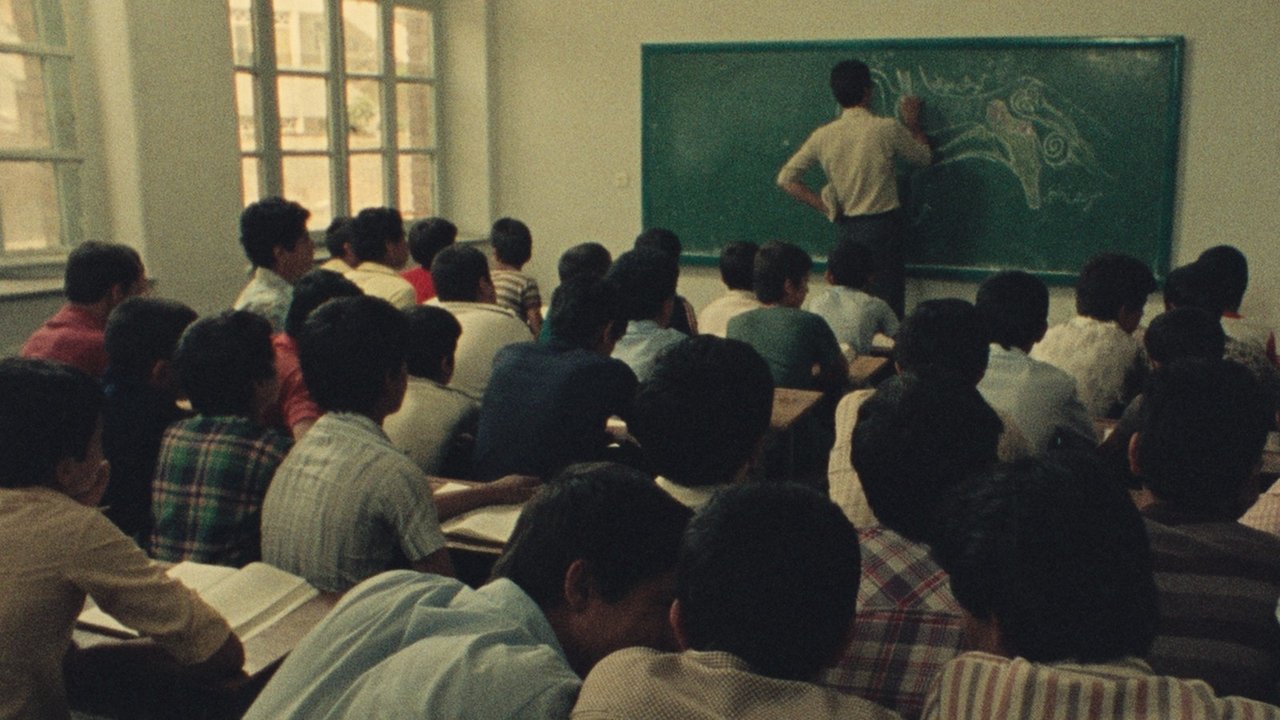
First Case, Second Case (1979)
A documentary about a teacher who sends a group of pupils out of the classroom when one of them does not own up to talking behind the master's back.

A documentary about a teacher who sends a group of pupils out of the classroom when one of them does not own up to talking behind the master's back.
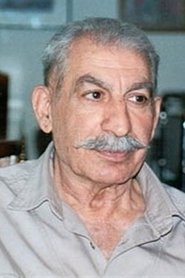 Nader EbrahimiSelf
Nader EbrahimiSelf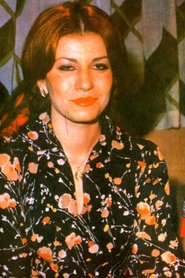 Ehteram BoroumandSelf
Ehteram BoroumandSelf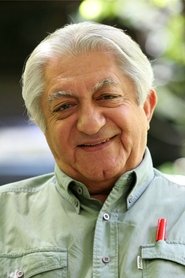 Ezzatollah EntezamiSelf
Ezzatollah EntezamiSelf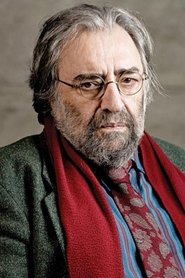 Masoud KimiaiSelf
Masoud KimiaiSelf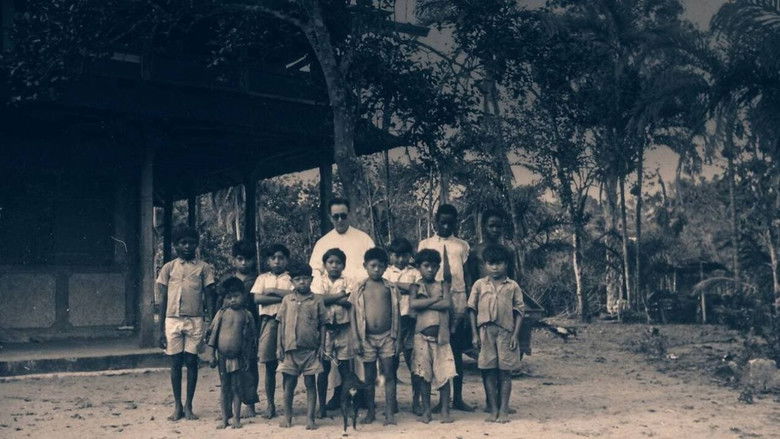
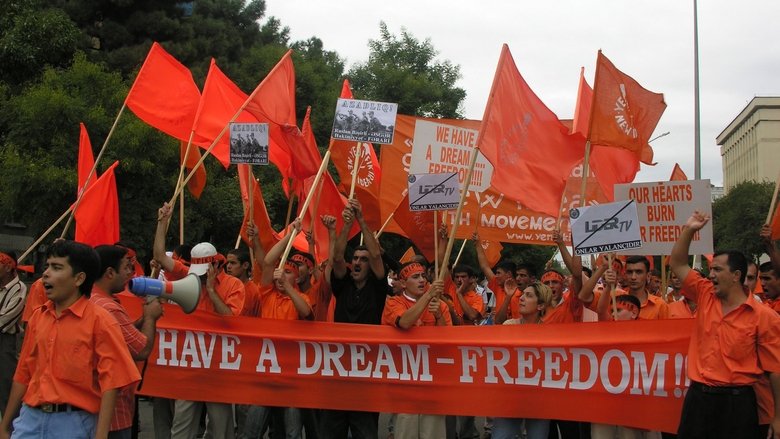
The recent democratic revolutions throughout Eastern Europe—Serbia in 2000, Georgia in 2003, and the Ukraine in 2004—all seemed to follow a quick and easy pattern: the exposure of rigged elections, followed by massive street protests, and a regime that collapsed without a fight. But THE DEMOCRATIC REVOLUTIONARY HANDBOOK reveals the lengthy and meticulous preparations behind these seemingly spontaneous demonstrations, showing how modern marketing techniques have combined with revolutionary politics to transform the region's governments.
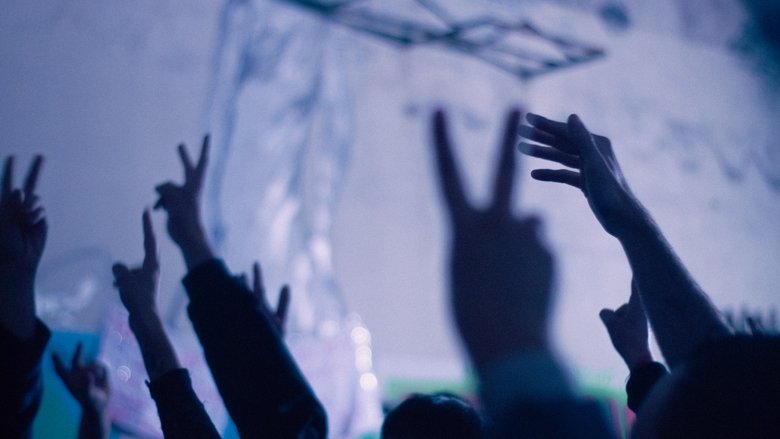
Through archival footage and testimonies from professors, students, staff, and graduates, the documentary traces the history of the National University of Arts, focusing on the Audiovisual Department, while critically addressing the impact of the current government's underfunding of education and cultural institutions in Argentina.
Follows directors journey to discover the life and times of Antonio José Martínez, an activist priest dedicated to the enlightenment ideals of representative democracy and public education in 19th century New Mexico.
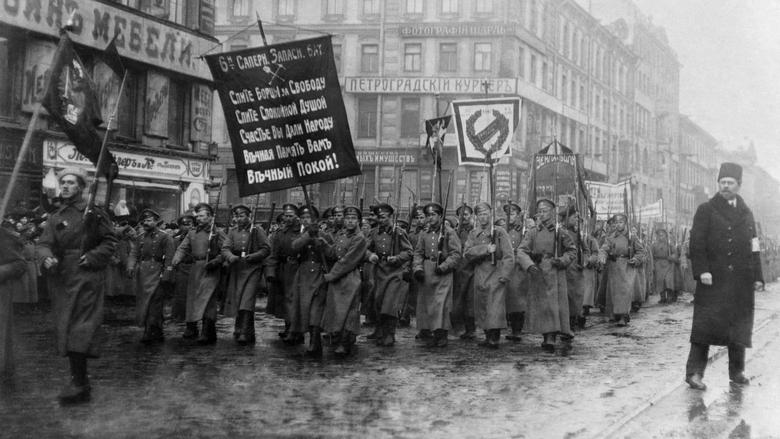
In February 1917, Imperial Russia plunges into revolution. Nine months of unrest before a coup brought about an upheaval that changed the course of history and profoundly altered the future of civilisation.
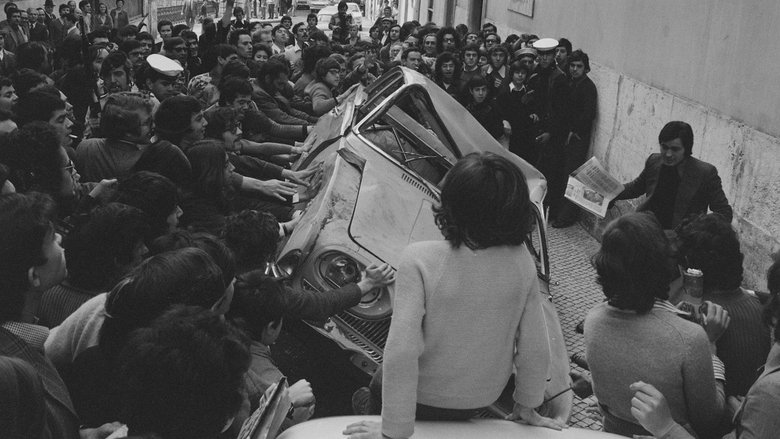
In Portugal, during the night of April 24-25, 1974, a peaceful uprising put an end to the last government of the Estado Novo, the authoritarian regime established in 1933 by dictator António de Oliveira Salazar (1889-1970), paving the way for full democracy: a chronicle of the Carnation Revolution.
A sociopolitical historical documentary-thriller about the international decline of communism and the 1956 Hungarian Revolution.
The food in Plumcrest School Cafeteria has gone on strike to protest the poor lunchroom manners of the children! After Banana issues a two-week ultimatum, the students take some positive steps toward better lunchroom manners.
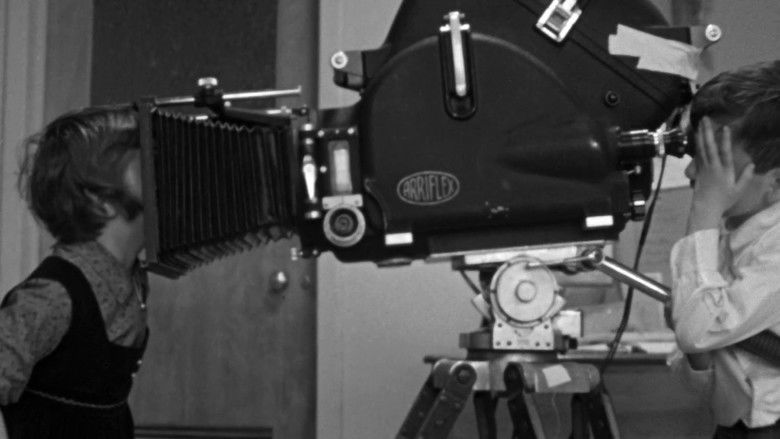
One day in a kindergarten classroom at Van Horne Public School in Montreal. The teacher encourages children to turn their curiosity into questions and organizes group activities and play periods.
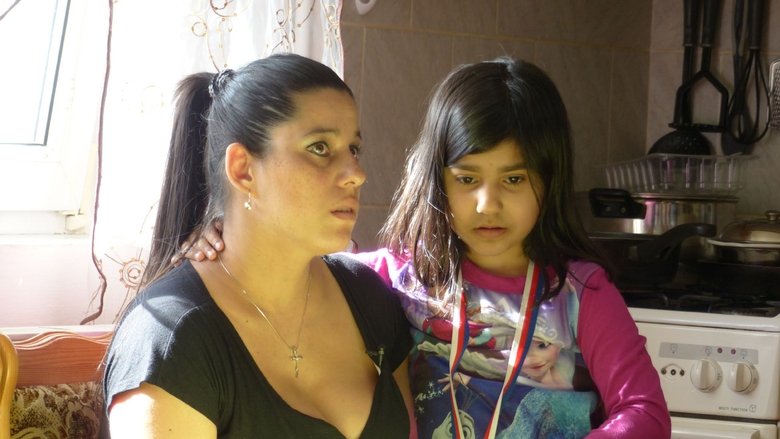
Grecia from Venezuela, Linda from Vietnam and Andriy from Ukraine are pupils of META, an inclusive school that supports the integration of young migrants into Czech society. Their families were brought to the Czech Republic by different circumstances and each of them has different ideas about their own future. While eighteen-year-old Andriy, an ambitious boxer, wants to become independent as soon as possible, and Grecia, an artistically gifted student, would like to get into an art high school, Linda is still not sure what she wants to do with her education and career. The time-lapse documentary engagingly captures an important stage in the lives of young people for whom not only the language barrier, but also the long-term lockdown due to the coronavirus epidemic is an obstacle.
When temporary solutions become the status quo, who gets left behind? A Stop Gap Measure follows disability activist Luke Anderson in his fight for accessibility to be a right, not a privilege.
Joyce Jonathan Crone—Mohawk matriarch, retired teacher, activist, humanitarian—reaches forward into her community of Huntsville, Ontario, opening hearts and bridging gaps for Indigenous education.
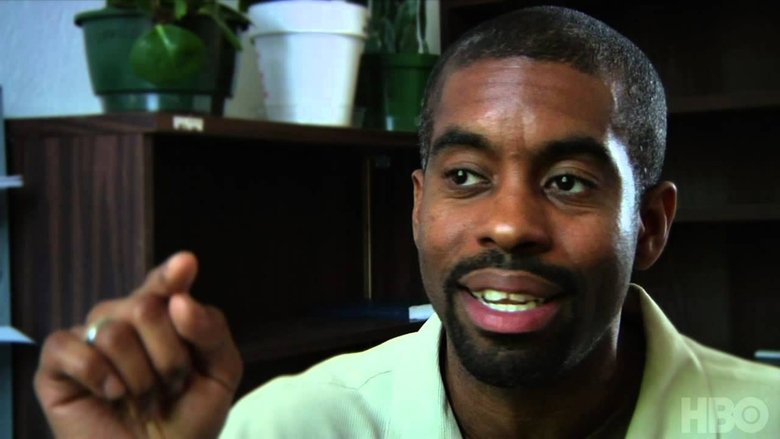
An inside look at the notorious Sing Sing Correctional Facility, where one of the U.S.’s only in-prison college programs, Hudson Link, offers long-time inmates an education – and a new lease on life.
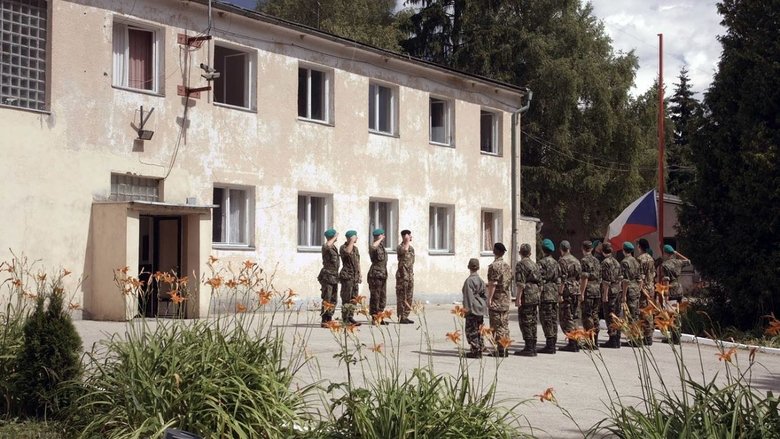
This episode from the Czech Journal series examines how a military spirit is slowly returning to our society. Attempts to renew military training or compulsory military service and in general to prepare the nation for the next big war go hand in hand with society’s fear of the Russians, the Muslims, or whatever other “enemies”. This observational flight over the machine gun nest of Czech militarism becomes a grotesque, unsettling military parade. It can be considered not only to be a message about how easily people allow themselves to be manipulated into a state of paranoia by the media, but also a warning against the possibility that extremism will become a part of the regular school curriculum.

These are strange times indeed. While they continue to command so much attention in the mainstream media, the 'battles' between old and new modes of distribution, between the pirate and the institution of copyright, seem to many of us already lost and won. We know who the victors are. Why then say any more?
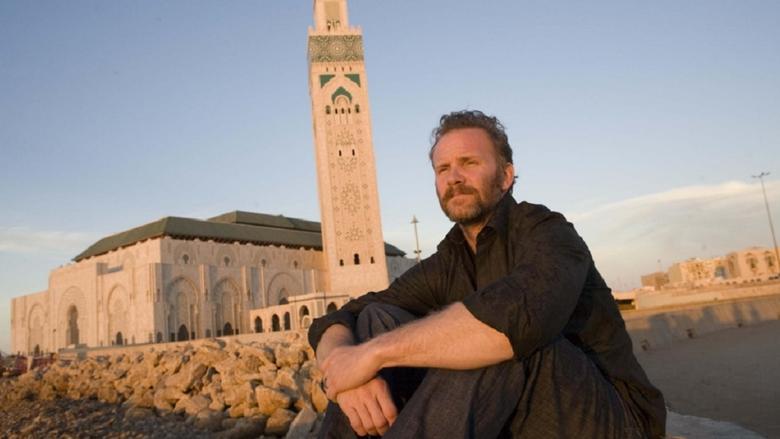
Morgan Spurlock tours the Middle East to discuss the war on terror with Arabic people.
A Chinese documentary about rural workers and their education by educated youth sent to the countryside from cities.
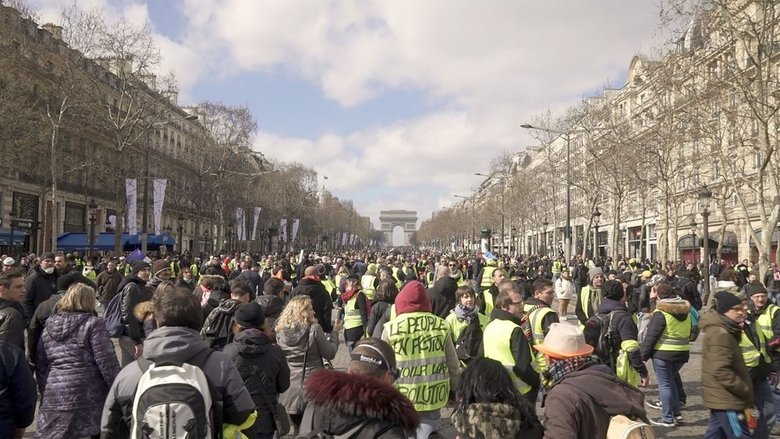
October 2018, France. Macron’s government decrees a tax increase on the price of fuel. A wave of protests starts to grow. Citizens mobilize throughout the country: this is the beginning of the Yellow Vests movement. In Chartres, a group of men and women gather daily. Among them, Agnès, Benoît, Nathalie and Allan commit themselves to the collective struggle. Like a whole nation, they discover that they have a voice to be heard...